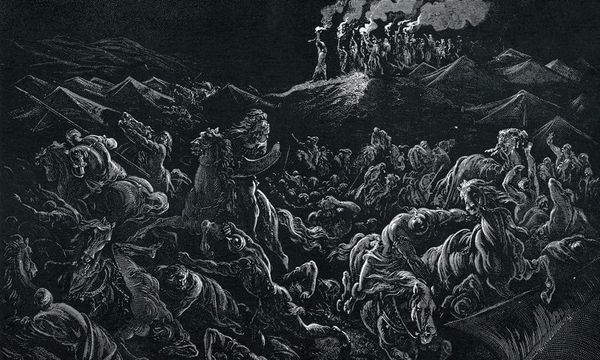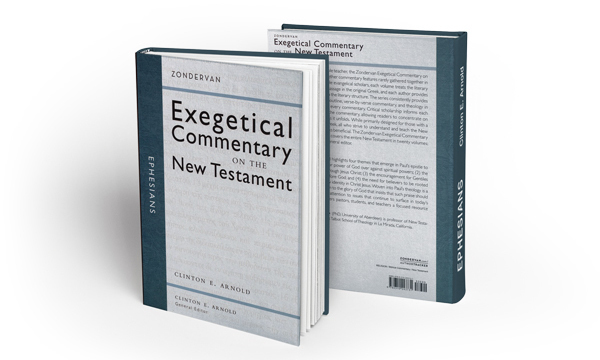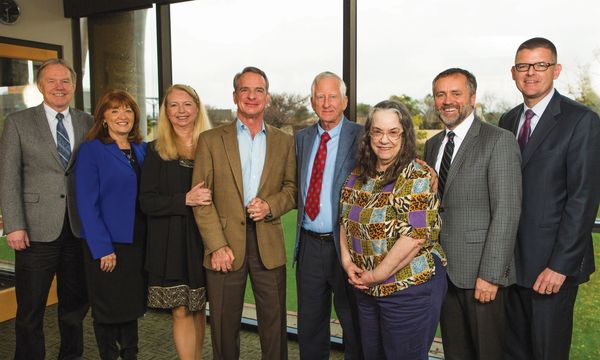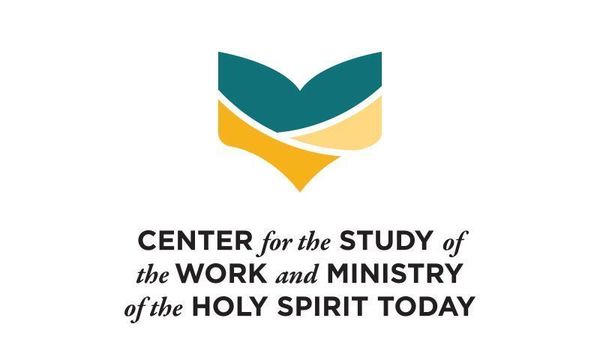Blogs & Podcasts
![]()
Becoming Biola
Explore Life at Biola University![]()
![]()
![]()
Bravo!
Biola University Conservatory of Music![]()
Business. Ministry. Life.
Crowell School of Business![]()
GRIT
a resource collective for women![]()
Opening Question
Torrey Honors College![]()
![]()
Talbot Magazine
Talbot School of Theology![]()
The Faculty Cut
Resources from the Snyder School of Cinema and Media Arts' Industry Professionals![]()
The Good Book Blog
Talbot School of Theology Faculty Blog![]()
Think Biblically
Conversations on Faith and Culture![]()
Winsome Conviction
Cultivating Conviction with Civility
Latest Posts
No Disconnect
How Online Learning Can Build Character and Community
YHWH & Genocide
Reflections on an Unpleasant Topic in the Old Testament
Shelf Life
Recent publications from our very own Talbot Faculty.
Book Excerpt: The Empowering Spirit
Excerpt adapted from "Ephesians (Zondervan Exegetical Commentary on the New Testament)," by Clinton E. Arnold
Best of the Blog
Biblical Necessities? Or Theological Explanations?
News Briefs
M.Div. Program Reduced From 96 to 79 Credits, M.A. Programs Reduced From 64 to 49 Credits, Talbot Rolls Out Three Fully Online M.A. Program Concentrations
Faculty Profile: Michael Thigpen
Executive Director of ETS Joins Talbot’s Faculty
New Center Established to Focus on Work of the Holy Spirit
Donor-funded initiative aims for more spiritual transformation and empowerment for evangelism
How Can Christians Engage Others Holding the Dominant Perspective?
Professors Tim Muehlhoff and Rick Langer answer this in their new book Winsome Persuasion
Resurrections prior to the World’s End?
Weekly Q & A with Dr. William Lane Craig
“What if—?” Questions
Weekly Q & A with Dr. William Lane Craig
Congratulations to Biola’s Spring Class of 2017
Rev. Samuel Rodriguez’s commencement address encouraged graduates to be a light in the world
Professor Provides Insight on Issues Facing Women in World Missions
Biola professor and doctoral students publish a recent study on women in missions
 Biola University
Biola University

















